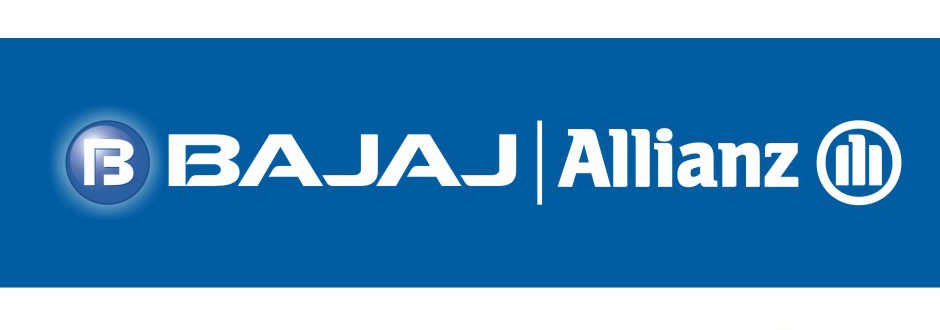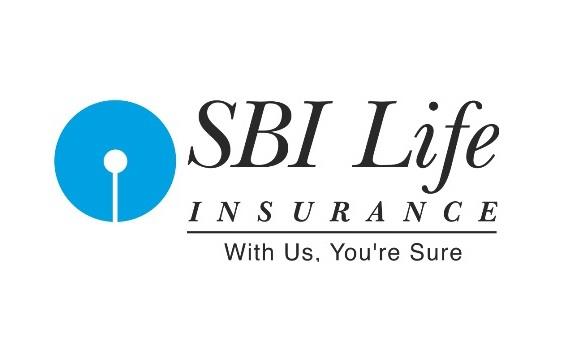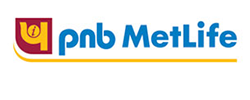Insurance
Insurance is an "Indemnity"-contract, i.e to Indemnify the an uncertain loss happens in the future. Insurance policy/plans is there to provide protection for yourself, your investment and your business. Insurance is chiefly a risk-management tool meant to offer financial protection to your dependents in the unfortunate event of your death. If you are adequately insured, your life insurance should enable your dependents – spouse, children or parents – to maintain their current lifestyle and pursue life’s financial goals till the time that they are able to set up an alternate income stream on their own.
Why Choose Us?
- We offer different kinds of insurance solutions catering to customer’s insurance needs.
- Our experts evaluate your specific needs and study the risk profile.
- Based on the results of these evaluations, our experts suggest the most cost effective, integrated insurance package that is specifically suited to your risk profile.
- Tie-ups with multiple Life & General insurance companies.
Income Tax Advantage
- Life-Insurance As per INCOME TAX ACT,1961 deduction allowable upto 1,50,000/-p.a u/s sec.80c.
- Health-Insurance As per INCOME TAX ACT,1961 deduction allowable upto 55,000/-p.a u/s sec.80 D.

















.jpg)



